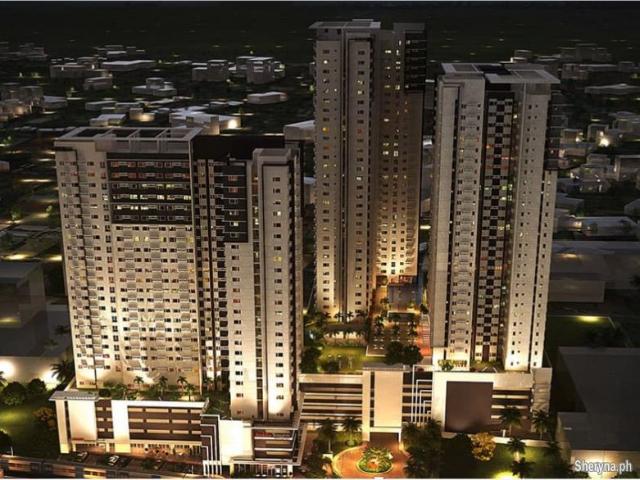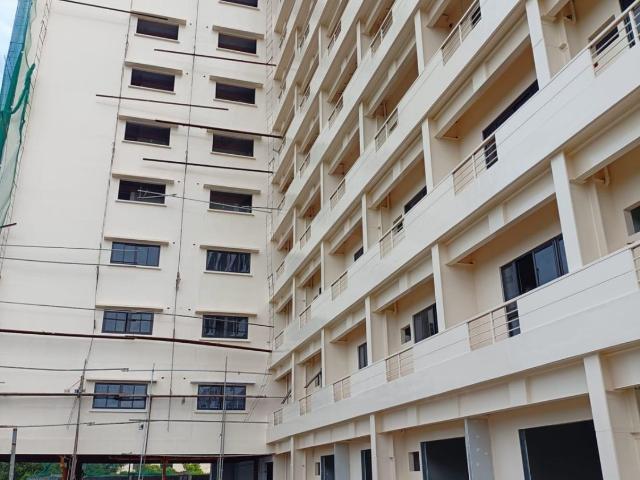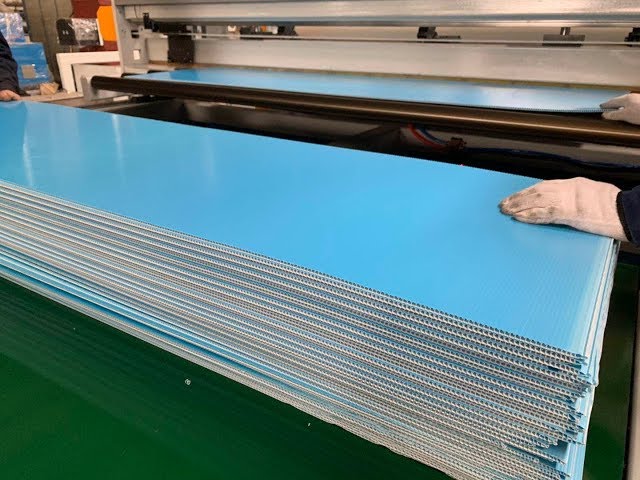Foreign Property Investment in Singapore’s
Singapore, renowned for its robust economy and strategic location in Southeast Asia, has become a prime destination for foreign investors, particularly in the real estate sector. The island nation’s real estate market has experienced significant growth, driven largely by international capital. This article delves into the pivotal role that foreign investment plays in Singapore’s real estate landscape, examining its impact on the market, regulatory environment, and future prospects.
The Rise of Foreign Investment in Singapore’s Real Estate
Foreign investment in Singapore’s real estate has surged over the past decade. With its political stability, strong legal framework, and transparent business practices, Singapore has attracted investors from around the globe. These investments are not limited to residential properties but extend to commercial and industrial sectors as well.
The inflow of foreign capital is driven by several factors, including Singapore’s status as a global financial hub, its favorable tax regime, and its high-quality infrastructure. Investors are drawn to the country’s real estate for its potential for high returns, capital appreciation, and rental income.
Impact on the Residential Property Market
Foreign investment has significantly impacted Singapore’s residential property market. The influx of international buyers has led to increased demand, which in turn has driven property prices up. This rise in property values has had both positive and negative effects.
On the positive side, higher property values have benefited homeowners and investors by increasing the value of their assets. This appreciation also reflects the confidence investors have in Singapore’s economic stability and growth potential.
However, the surge in foreign investment has also led to concerns about housing affordability for local residents. The government has implemented various measures to address these concerns, including additional taxes and cooling measures to moderate the impact of foreign investments on property prices.
Foreign Investment in Commercial Real Estate
The commercial real estate sector in Singapore has also seen substantial foreign investment. This includes office buildings, retail spaces, and industrial properties. Foreign investors are attracted to Singapore’s commercial real estate due to its strong economic fundamentals, strategic location, and business-friendly environment.
The influx of foreign capital into commercial real estate has led to the development of high-quality office spaces and retail centers, contributing to Singapore’s reputation as a global business hub. This has also created jobs and contributed to the overall economic growth of the country.
Regulatory Environment and Government Policies
Singapore’s government has implemented a range of policies to manage foreign investment in real estate and ensure that it benefits the broader economy. Key regulatory measures include:
- Additional Buyer’s Stamp Duty (ABSD): Foreign buyers are subject to an additional stamp duty, which increases the cost of purchasing property. This measure aims to cool the market and ensure that local residents have better access to affordable housing.
- Qualifying Certificate (QC) Requirements: Foreign investors are required to obtain a Qualifying Certificate to purchase residential property. This regulation ensures that foreign investments are in line with national interests and promotes responsible investment practices.
- Property Market Cooling Measures: The government has introduced various cooling measures over the years to prevent overheating of the real estate market. These measures include restrictions on loan-to-value ratios and limits on the number of properties that can be purchased by foreign investors.

The Future of Foreign Investment in Singapore’s Real Estate
Looking ahead, the role of foreign investment in Singapore’s real estate market is likely to continue evolving. As Singapore positions itself as a global leader in innovation and sustainability, foreign investors will be attracted to opportunities in green and smart buildings. Additionally, the ongoing development of infrastructure projects, such as the Greater Southern Waterfront, will create new investment opportunities. Please check out Emerald Of Katong Photo if you need more information or have any questions about the Singapore property market.
The government’s commitment to maintaining a stable and transparent real estate market will also play a crucial role in shaping the future of foreign investment. By balancing regulation with market openness, Singapore can continue to attract international capital while ensuring sustainable growth in its real estate sector.
Conclusion
Foreign investment has played a crucial role in shaping Singapore’s real estate market. It has driven growth, influenced property values, and contributed to the development of both residential and commercial real estate sectors. While foreign capital has brought numerous benefits, it has also prompted the government to implement measures to balance market dynamics and address local concerns.
As Singapore continues to evolve as a global financial hub, the role of foreign investment in its real estate market will remain significant. With ongoing regulatory adjustments and strategic developments, Singapore is well-positioned to attract and manage international capital effectively.



